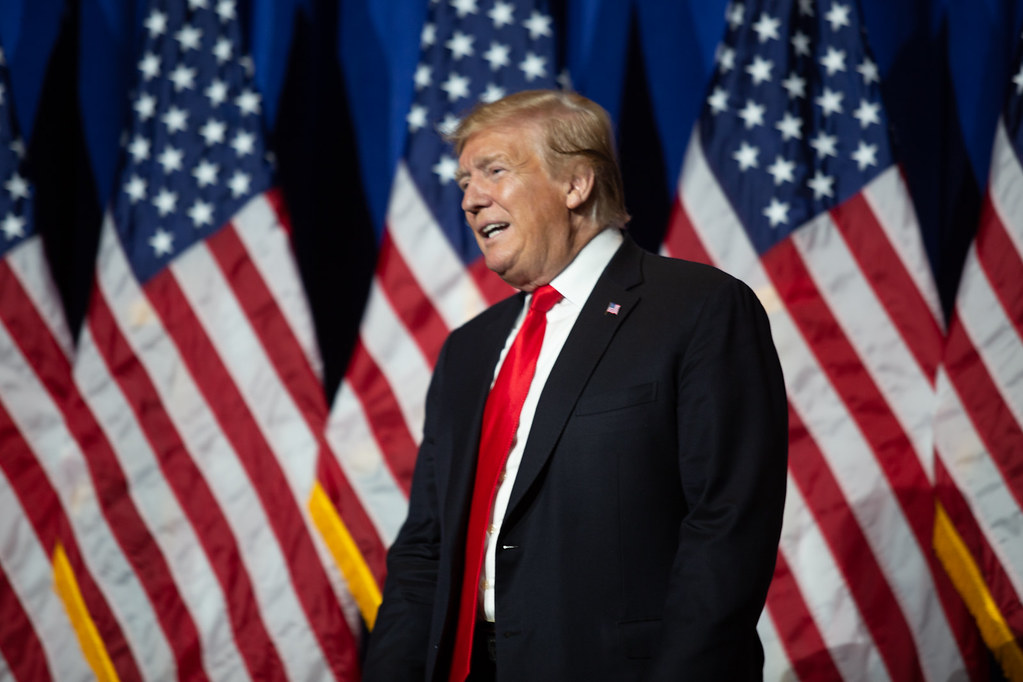Key Takeaways:
- President Trump pushed for a Comey indictment against his former FBI director.
- Prosecutors aim to present the case to a Virginia grand jury by Thursday.
- Critics call this politicization of the Justice Department unprecedented.
- A Trump-appointed U.S. attorney who refused to indict was forced out.
- Lindsey Halligan, Trump’s former defense lawyer, now leads the effort.
President Trump’s demand to indict James Comey stunned legal experts and news analysts alike. This sudden drive for a Comey indictment comes just days after Trump railed online against the lack of charges for his political rivals. Reporters now say prosecutors plan to take this case before a grand jury in Virginia as soon as Thursday. They must act quickly, because the statute of limitations expires five years after Comey’s congressional testimony.
What is the Comey indictment plan?
According to available reports, prosecutors will bring allegations related to a disagreement between former FBI Director James Comey and former Deputy Director Andrew McCabe. McCabe allegedly revealed internal FBI notes to The Wall Street Journal. However, an inspector general review found that Comey did not authorize McCabe to share those details. Despite that finding, the Justice Department appears set on pursuing a Comey indictment.
Timeline for action
• Tuesday marks the statute of limitations deadline.
• Thursday could see a vote in a Virginia grand jury.
• Charges would stem from Comey’s 2017 testimony to Congress.
Why critics say the move is unprecedented
First, a career U.S. attorney appointed by Trump reviewed this case along with another matter against the New York Attorney General. He concluded there was not enough evidence to indict. Consequently, he refused to charge. In response, Trump forced him out. Critics argue this ousting shows the White House directing who faces criminal charges. They warn it breaks long-standing justice norms.
Furthermore, Trump replaced the career prosecutor with Lindsey Halligan. Halligan worked as Trump’s defense attorney and White House counsel but never led a prosecution. Now, she is tasked with finding a legal basis for the Comey indictment. Critics say this reeks of political favoritism.
How the Justice Department changed course
Initially, the Justice Department reviewed the Comey-McCabe matter and the Journal story. The inspector general report sided with Comey, clearing him of wrongdoing in sharing information. Despite those findings, the new U.S. attorney moved forward. According to insiders, Trump personally pushed for charges. He publicly demanded his attorney general prosecute perceived enemies, including Comey.
Meanwhile, the career prosecutor resisted. He saw no criminal case. Soon after, he resigned under pressure. Trump then installed Halligan, who quickly revived the Comey indictment drive. This sequence of events underscores how rapidly the department’s stance shifted.
What could happen next?
If the grand jury votes to indict, Comey would face charges in Virginia. He could be required to appear in court and face trial. Legal experts believe he would mount a strong defense. They note the inspector general’s findings support Comey’s version of events. Yet, the political stakes remain high.
Beyond Comey, sources say Halligan is examining other Trump rivals. These include senior intelligence officials and former aides. Some fear this pattern could chill future whistleblowers. They worry that any government official who displeases the president might face legal peril.
Transitioning from theory to reality
• An indictment could move to trial by early next year.
• Comey’s attorneys will likely file motions to dismiss.
• Public opinion may sway based on how charges are justified.
Looking back at Justice norms
Historically, the Justice Department has aimed to stay free from political influence. Career prosecutors often handle sensitive cases publicly. They decide based on evidence, not presidential preference. However, this Comey indictment push signals a break from tradition. Many observers say this is the first time a president so openly directed criminal charges against political foes.
Moreover, if the president’s office can override career officials, it may undermine trust in the system. Future nominees and staff might hesitate to challenge presidential wishes. They could fear removal or retaliation. Such a climate could weaken the department’s independence.
What this means for American law
An indictment of James Comey on these facts would set a new precedent. It could blur the line between lawful prosecution and political weapon. If prosecutors can charge officials with low-level procedural disputes, the scope for abuse widens. Critics warn that today’s Comey case might be tomorrow’s school for targeting opponents.
On the other hand, Trump’s supporters argue that no one is above the law. They say if there is evidence against Comey, he should face trial. They see a fair process unfolding in court. Yet, many legal experts question whether this case meets the standard for criminal charges.
Moving forward, all eyes will turn to the grand jury. Will it vote to indict? If it does, the Justice Department will need to present clear proof. It must show beyond reasonable doubt that Comey broke the law. Otherwise, the case could collapse under its own weight.
FAQs
What charges could be brought in a Comey indictment?
Prosecutors would accuse Comey of authorizing the disclosure of non-public information. They might frame it as false statements or mishandling of official documents.
Why is the statute of limitations ending now?
Federal law gives five years to charge certain crimes. Five years passed since Comey testified to Congress, so prosecutors face a hard deadline.
Who replaced the original U.S. attorney and why?
President Trump installed Lindsey Halligan after the career prosecuting attorney refused to bring charges. Observers say this shows White House influence.
How might an indictment affect future Justice Department independence?
If the president can push prosecutions against opponents, career officials may lose the courage to follow the law without political fear. This could erode public trust in fair legal processes.
